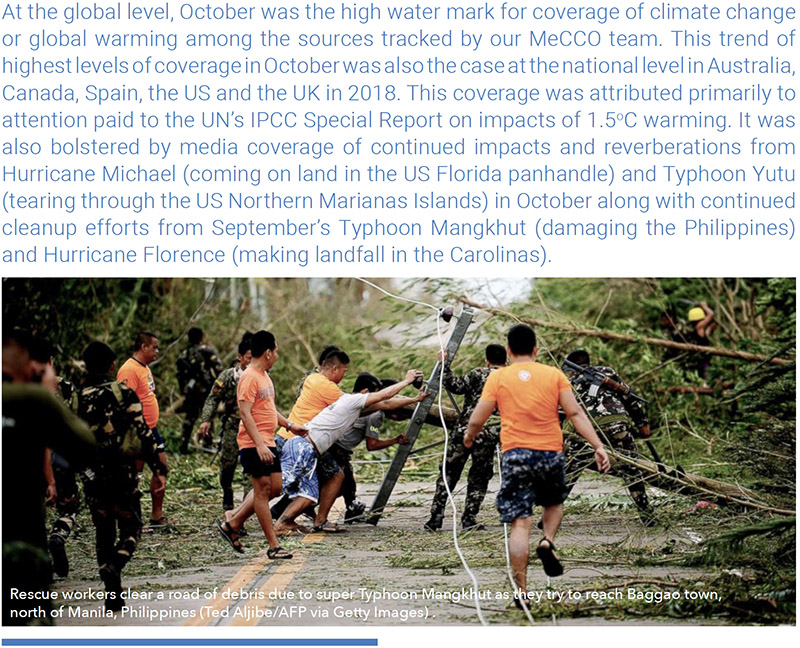
In February 2023, a Norfolk Southern freight train derailment in East Palestine, Ohio, resulted in a considerable environmental crisis. The train, which was transporting industrial chemicals, started to leak its materials, leading authorities to perform ‘controlled burns’ of multiple railcars filled with hazardous substances like vinyl chloride. The EPA sanctioned this response, yet concerns have arisen about their management of the subsequent environmental impact evaluation.
The Government Accountability Project (GAP) has issued a letter dated March 7, 2023, from Ralph Dollhopf, a seasoned EPA on-scene coordinator, which implicates the agency in adopting Norfolk Southern’s testing protocols. It has been reported that the EPA consented to refrain from testing for five organochlorine compounds recognized as dioxin indicators. According to GAP’s senior environmental officer, Lesley Pacey, these compounds were excluded from the soil sampling strategy lacking scientific rationale. She posits that this choice may have been made to downplay the perceived severity of the environmental harm caused by the derailment.
Pacey contends that dismissing these compounds as insignificant byproducts overlooks the intricate chemistry involved in the high-temperature combustion of chlorinated substances. The detection of tetrachlorophenol and trichlorobenzenes may indicate more widespread contamination, and their omission from testing requires careful examination.
While budgetary constraints can sometimes justify the exclusion of chemicals from assessments, Pacey emphasizes that public health should be prioritized during environmental emergencies. The EPA has affirmed its dedication to reevaluating the decisions made following the derailment to guarantee transparency and safeguard public health.
In a related matter, Norfolk Southern is poised to be acquired by Union Pacific in what could be the largest buyout in the rail sector. However, this $85 billion merger is encountering pushback from the Alliance for Chemical Distribution, which raises alarms about heightened costs and unreliable services. The Surface Transportation Board is being urged to impede this merger to protect the interests of chemical distribution firms against the consolidation advantages obtained by rail companies.